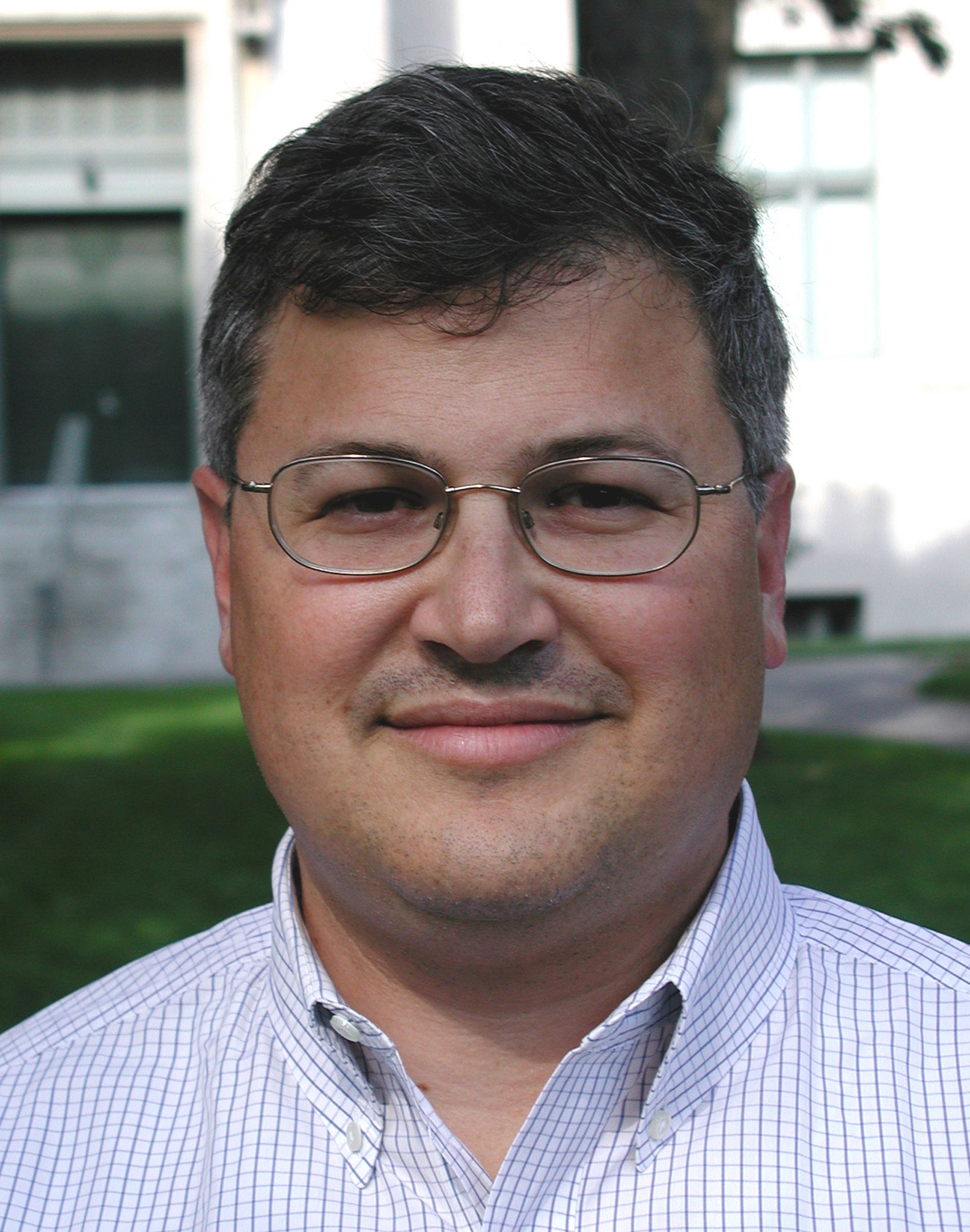A new book by Professor Jack Goldsmith is receiving significant attention in both the mainstream media and in the political blogosphere — and it has yet to hit bookshelves.
Goldsmith, an expert in international law and national security, headed the Justice Department’s Office of Legal Counsel for several tumultuous months in 2003-2004 as the Bush administration was crafting its legal approach to combatting global terrorism. A key part of Goldsmith’s job was to provide legal guidance to the White House on questions ranging from domestic surveillance to the treatment of suspected terrorists in U.S. custody.
Goldsmith’s book, “The Terror Presidency,” provides an insider’s look into the challenges that government lawyers face when policy objectives bump up against careful interpretation of the law.
In a forthcoming article in the New York Times Magazine, legal contributor Jeffrey Rosen writes that Goldsmith “led a small group of administration lawyers in a behind-the-scenes revolt against what he considered the constitutional excesses of the legal policies embraced by his White House superiors in the war on terror.”
Goldsmith’s book details the legal skirmishes he and his Justice Department colleagues had with White House officials over intepretation of the Geneva Conventions and other laws relevant to the administration’s post-9/11 posture. Because of the important position the Office of Legal Counsel occupies within the executive branch — particularly in a time of war — legal disputes between Goldsmith and some in the White House were occasionally fierce. A Washington Post story on the book focuses on clashes Goldsmith had with David Addington, a top adviser to Vice President Dick Cheney.
Following a series of what he called “good faith” disagreements, Goldsmith resigned his position as head of the Office of Legal Counsel in June 2004. He accepted an offer to join the HLS faculty soon afterward and began teaching that fall.
Goldsmith told the Times that his goal in writing the book was so that “future presidents and people inside the executive branch can learn from our mistakes.” After deducting some expenses, Goldsmith is planning to donate profits from the book to charity.
